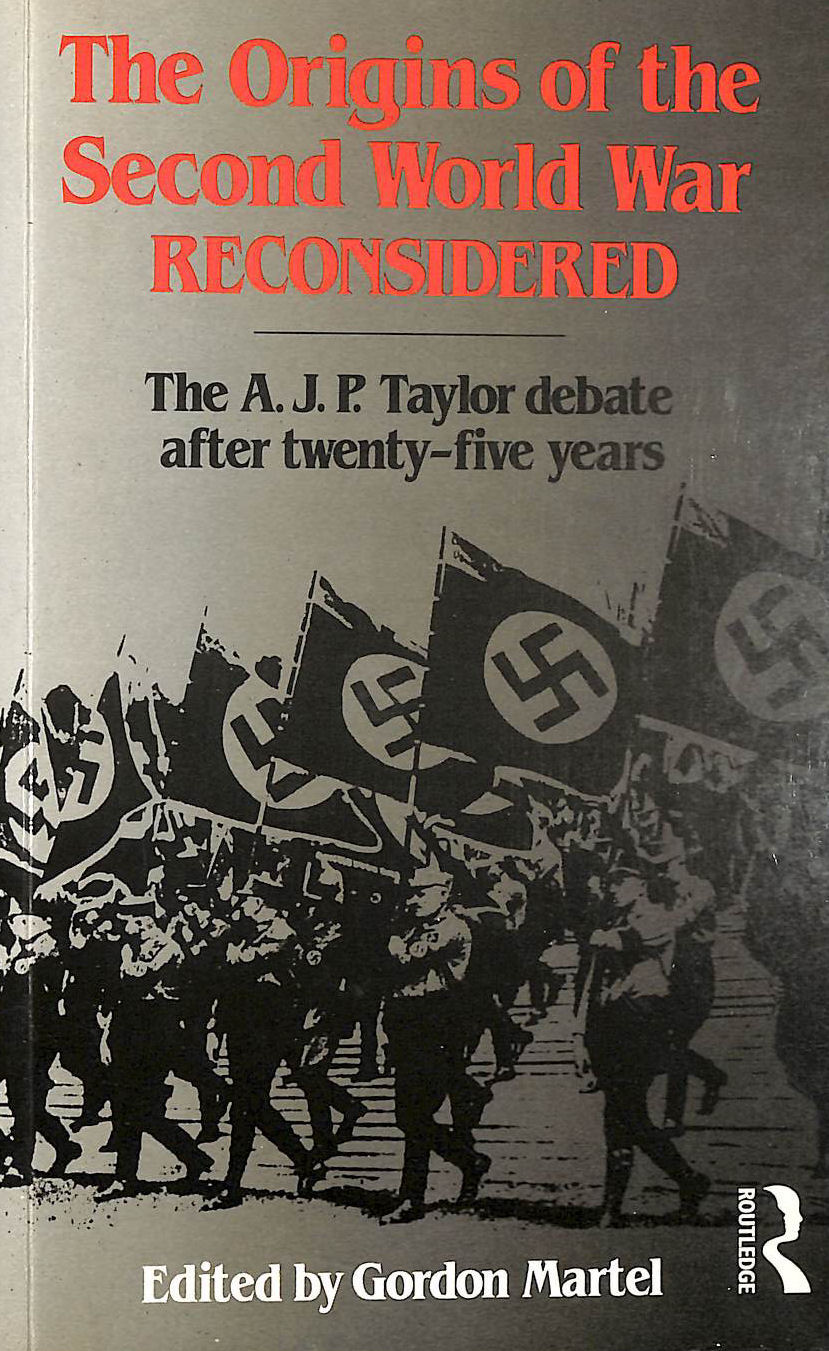

There is equally no question that Germany – however “good” it seems in retrospect – realized during the Second World War the worst excesses of its capacity for evil. There is no question that Hitler was evil and calculating to an extent perhaps unparalleled in the history of humankind. These academic matters, of course, should not obscure the simpler reality of the Second World War. In this sense perhaps the later peace and stability achieved by Germany was the logical outcome for a nation that was not evil but vengeful, and which had no grand plan for destruction but rather a belief – affirmed around the world at the time – that the Treaty of Versailles was a moral injustice whose wrongs must be righted.

For him, Hitler was not an evil madman with a grand plan for global warfare, but rather an opportunist, albeit one who may have been particularly vulnerable to being swept up by the force of events.

Yet in another respect perhaps Taylor was right. The German nation went on to become one of the bastions of democracy, peace, and stability in Europe and indeed the world.

This is a controversial argument for good reason: if Hitler was an ordinary German, what does that say about average Germans and their culpability in the atrocities of war? Subsequent history demonstrated that in fact Taylor was wrong in this respect. The book is rich in argument and strong in analysis, but above all the theme that stands out is Taylor’s portrayal of Hitler as an ordinary German who achieved his objectives through patience – by letting the failures of others become his successes. Taylor’s provocative revisionist study of the origins of the Second World War.


 0 kommentar(er)
0 kommentar(er)
